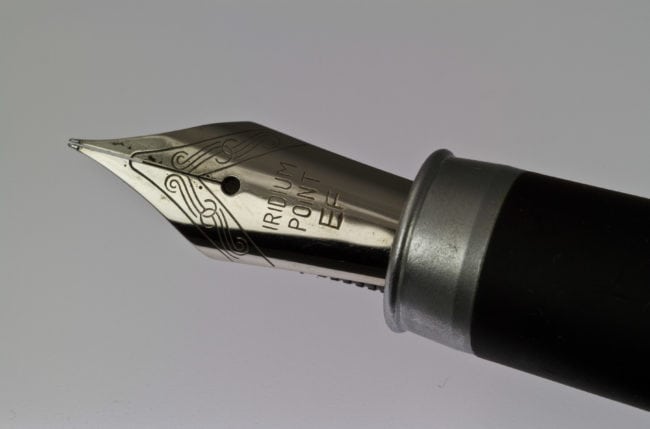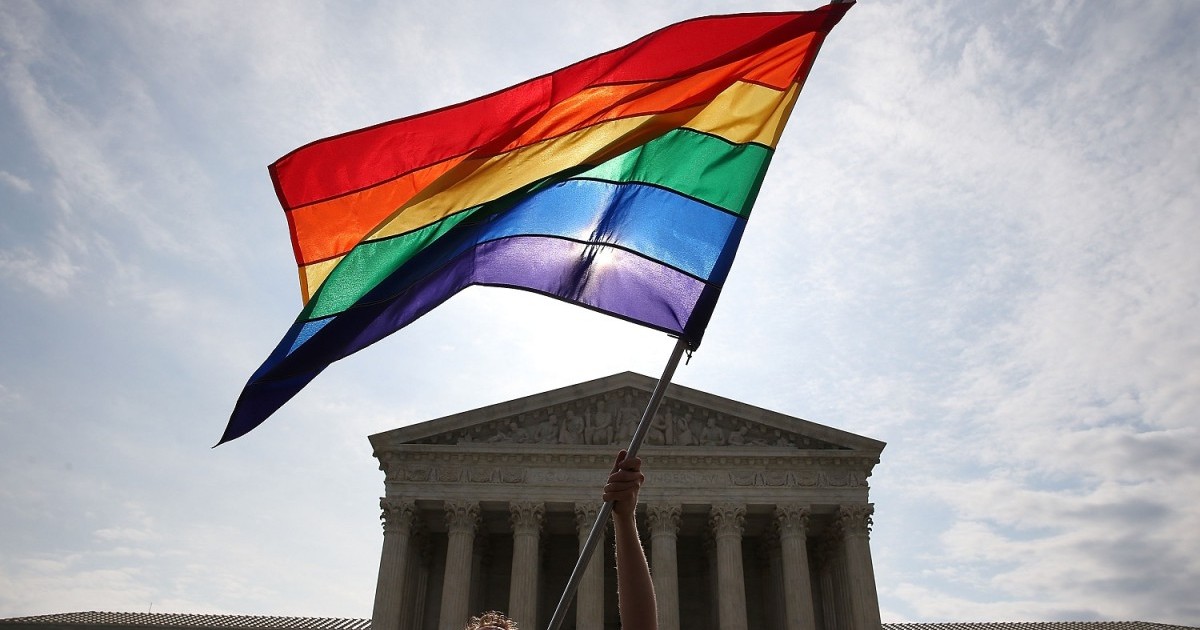Arizona court rules against calligraphy business that wanted permission to discriminate against gay people

The Arizona Court of Appeals has ruled against a case from a religious business owner seeking to block an LGBT anti-discrimination ordinance in Phoenix.
Calligraphy business Brush & Nib Studio had sought an injunction blocking the city’s non-discrimination rules, arguing that the religious-owned business has the right to discriminate against gay couples getting married.
It is unclear whether the studio has ever had gay customers.
The court ruled that “Phoenix has a legitimate governmental purpose in curtailing discriminatory practices, and prohibiting businesses from sexual orientation discrimination,” dismissing claims that the law is religious persecution because the ordinance “applies to all places of public accommodation and all business owners equally, regardless of their beliefs.”
In a surprising move, the judge cited the US Supreme Court’s recent ruling in the Masterpiece Cakeshop case.

(Creative Commons photo/Pexels)
Although the US Supreme Court ultimately sided with the cake shop owner who discriminated on procedural grounds, the complex majority opinion also noted that permitting wedding services to discriminate against gay couples would result in “a community-wide stigma inconsistent with the history and dynamics of civil rights laws that ensure equal access to goods, services, and public accommodations.”
That provision was cited by Arizona appeals court judge Karen Mullins in the Brush & Nib Studio case.
The Brush & Nib Studio and Masterpiece Cakeshop legal battles were both filed and funded by the same anti-LGBT law firm, Alliance Defending Freedom.
Alliance Defending Freedom is listed as an anti-LGBT hate group by extremism watchdog the Southern Poverty Law Center.
The ADF has opposed same-sex weddings, gay adoptions, civil unions – and even the repeal of Sodomy laws, strongly opposing the 2003 Supreme Court decision to strike down state laws banning gay sex.

(Creative Commons photo/Flickr user Mike Rodriquez)
Despite being based in the US the group was previously caught waging a campaign to keep gay sex illegal in Belize, and is thought to have ties to anti-LGBT activists internationally.
LGBT rights advocates have welcomed the apparent news that early interpretations of the Masterpiece Cakeshop ruling seem to have counter-intuitively benefited LGBT rights.
Joshua Block, staff attorney with the American Civil Liberties Union, said: “The Arizona court today rightly ruled that businesses open to the public must be open to all and cannot discriminate against potential customers based on who they are: in this case, members of the LGBT community.
“Importantly, the Arizona court also applied the Supreme Court’s Monday decision in Masterpiece Cakeshop here, affirming once again the importance of laws protecting the dignity of LGBT people in the public marketplace.
“We will continue to fight the dangerous notion that businesses have a constitutional right to discriminate in courts, in legislatures, and beyond. This decision in Arizona helps affirm that discrimination has no place in businesses open to the public, nor in our Constitution.”

National Center for Lesbian Rights (NCLR) Legal Director Shannon Minter said: “This week’s Supreme Court decision in Masterpiece Cakeshop addressed a unique situation specific to the facts in that case.
“It did not dilute anti-LGBTQ discrimination protections and in fact reaffirmed their importance. With regard to race, sex, sexual orientation or any other protected trait, a business can decide what products it sells—but not to whom.
“Today’s Arizona appeals court decision correctly relied upon Masterpiece Cakeshop to ensure that businesses understand that they cannot turn people away from the products or services they provide because of who they are or take actions equivalent to hanging a ‘no gays allowed’ sign in the window.”

